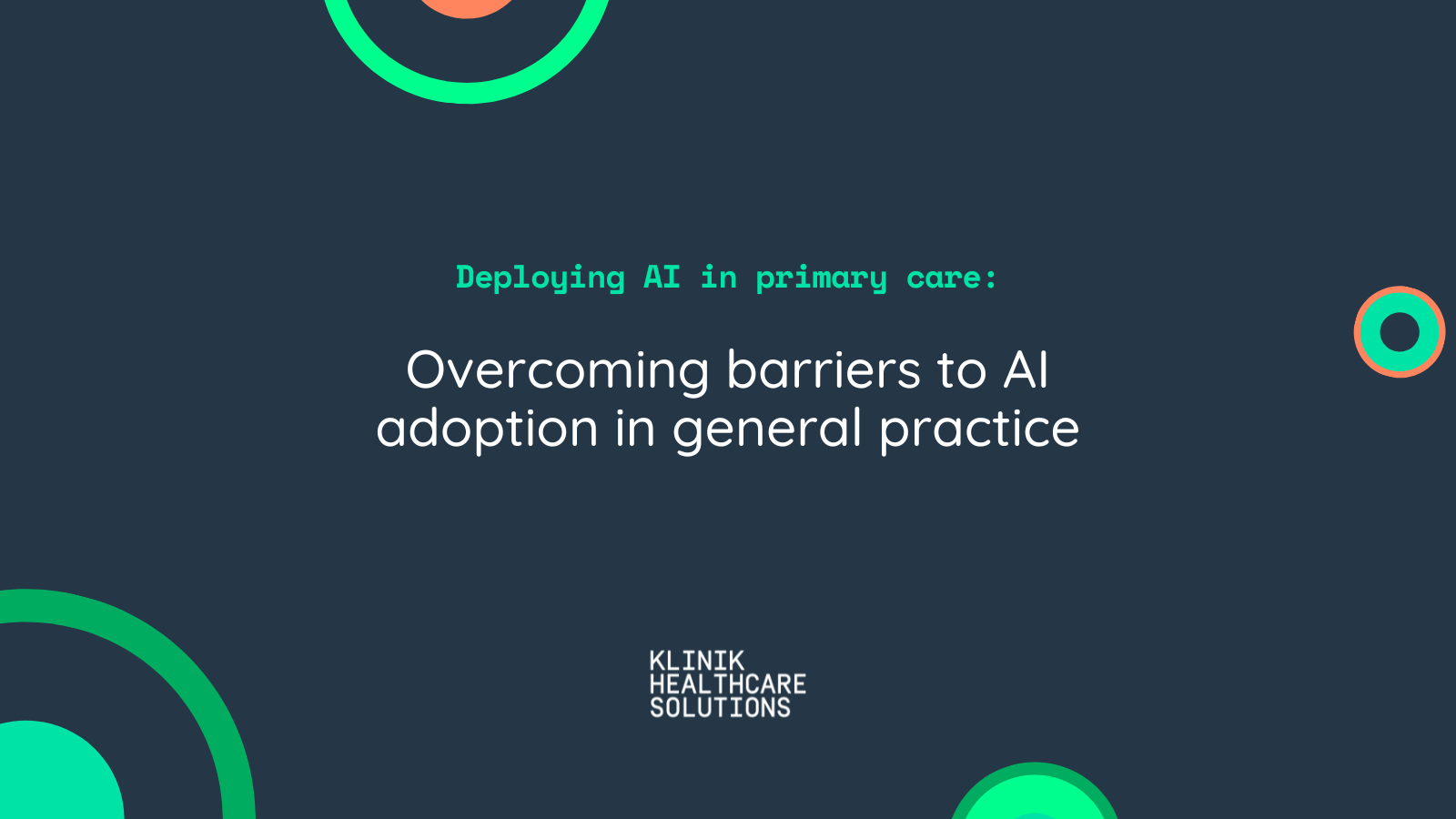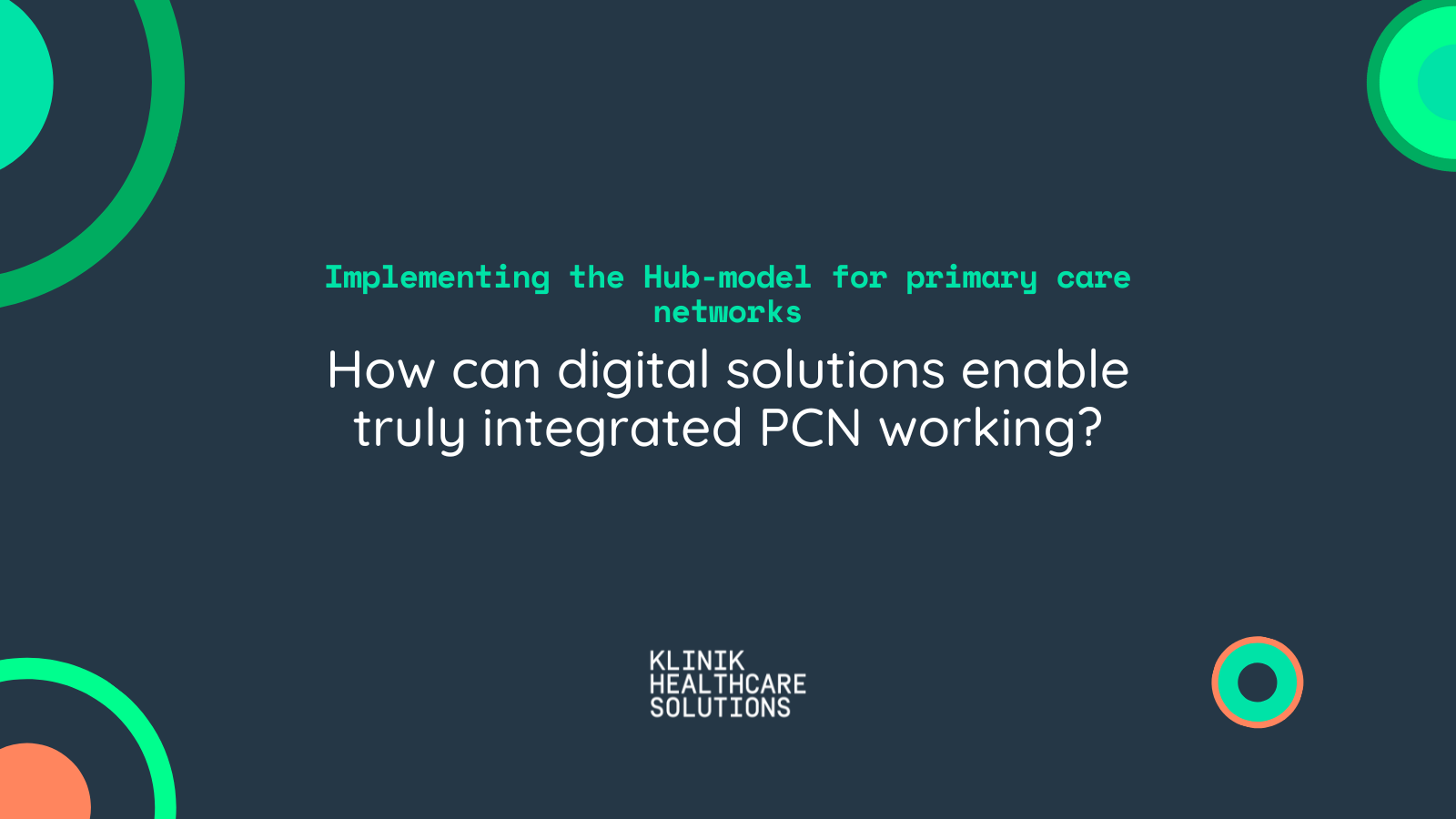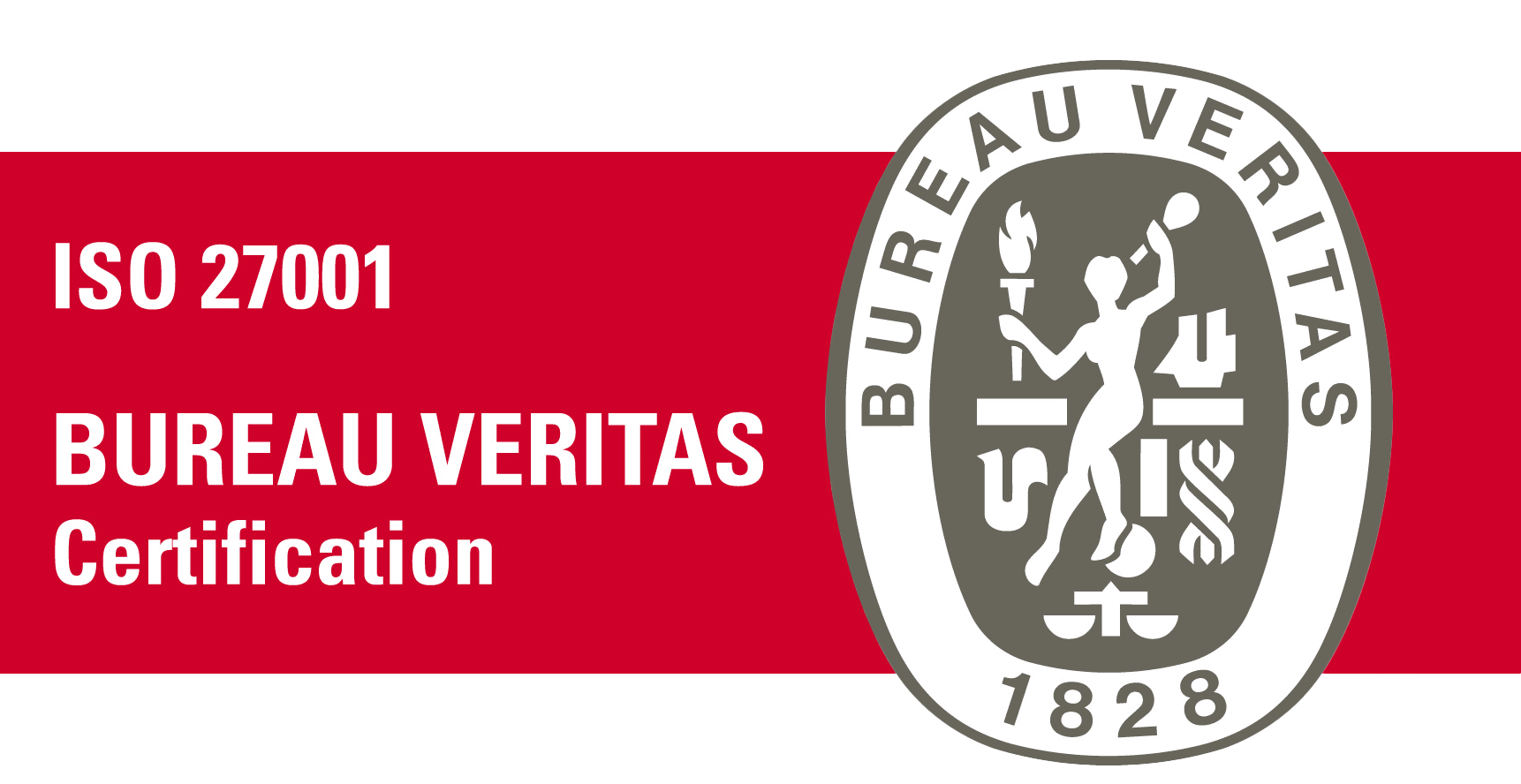How nurse-led triage can transform primary care

By Klinik Healthcare Solutions CEO Petteri Hirvonen MD
General practice is being asked to provide even more healthcare services, putting even more pressure on the primary care workforce. Finland’s approach to nurse-led primary care is providing a potential answer to the workload burden for some practices in the UK, says Klinik Healthcare Solutions CEO Petteri Hirvonen MD.
Managing demand is a huge challenge for general practice across the globe, and healthcare systems are looking to primary care to help address this by providing more integrated provision.
The UK is taking a similar path to Finland, where integrated care has been the model since the Seventies, and networks of local surgeries are at the frontline of care.
In Finland, Primary care is run by hundreds of joint municipalities, where several towns have come together to provide integrated healthcare services. The municipality deals with the vast majority of any health-related matters, including social care, mental health, maternity and child care, or dentistry.
As most healthcare issues can be dealt with locally, there are minimal referrals - it is estimated that only about 5% of health centre visits lead to speciality care referrals.
England is rolling out a similar approach to GP-led integrated care with primary care networks (PCNs), which are looking to reduce the level of referrals by providing more local services.
To boost the provision of the care they can offer, PCNs have been funded to invest in additional roles in practices. An expanded workforce designed to spread the workload includes pharmacists, physiotherapists and link workers.
UK move to integrated care in transition
This is all good for practices, but integrating services in the UK is in transition. Patients still have to traverse multiple services to get the right care and support. Hence the need for system-level thinking to manage care, as envisaged by the NHS Confederation’s NHS Reset initiative.
However recruitment for additional roles has landed mid-pandemic, and GP surgeries in England are struggling to find the time to train and support the additional roles - as we saw in responses to our recent poll.
The technology is not quite in place for some, as they look to provide multiple types of consultation and meet the wider needs of local populations.
Yet when these things come together, primary care can have the confidence to act as the front door to healthcare.
This can be seen in the City of Loviisa in Finland. The municipality is building on traditional healthcare provision with additional services including social welfare, mental health and substance abuse support.
The region is using Klinik's AI-driven patient flow management technology to give people round-the-clock access to its range of healthcare provision. Our clinically-proven algorithm and streamlined workflows safely and efficiently redirect patients to these services. It means healthcare professionals can be more productive, and patients can get quicker access to the right form of care.
How else Finland copes with increased demand on primary care
Of course the Finnish approach increases the demand on the primary care workforce, and has had to cope with a critical shortage of doctors. The system has had to respond as a result. How?
Since the start of the 21st century, Finland has looked to shift the work from doctors to nurses.
Nurses are at the forefront of primary care. They often make the initial assessment of the overall situation, supported by triage technology such as Klinik to identify the need and urgency of care. They either deal with patient enquiries themselves or refer on to the appropriate medical or administrative professional, leveraging the full skillset of the practice team. They can manage patient flow and care coordination, provide advice through SMS or telephone, and monitor patients with long-term conditions.
Finland’s nurse-led primary care model frees up time for doctors to concentrate on medical and managerial tasks; it is no surprise the number of patient-doctor appointments in Finland is among the lowest in Europe.
“With Klinik, we can cope with the extra demand on primary care, and develop and enhance the processes we use,” says Rony Lindell MD, who combines his role as director of medical development at Klinik with that of a practising GP in Loviisa. “This has been especially useful during the pandemic, during which resources have been stretched to the limit. Klinik has enabled us to provide a resilient service that can meet the needs of our local population.”
UK starting to embrace nurse-led primary care
The model is being replicated in the UK. Cuckoo Lane, for example, has successfully been delivering nurse-led primary care for some years. The London provider has been rated outstanding by the Care Quality Commission, and the Primary Care Workforce Commission said that it ‘showed nurses’ potential to innovate and lead high-quality services’.
We see the same ourselves, with customers such as the Homewell Practice. Advanced nurse practitioners are acting as the first line of triage for the local population, using Klinik technology to help them take control of practice patient flow (see this webinar for further details).
Nurses close the enquiry where they can, forwarding on relevant enquiries to other members of the team, such as social prescribers or administrators. GPs see who they need to see, and the patient gets the right level of care.
Practice partner Sarah Harrison says she has been amazed at the impact that Klinik Access has had. Having struggled to recruit, now they can use nursing expertise to deal with the bulk of the demand - even during the extraordinary times of Covid-19.
Of course no healthcare system is perfect, and Finland has a lot to learn from the UK.
However it is great to be working with practices across the globe as we look to face near-impossible demands with approaches that empower staff and provide better patient care, and give us GPs the headspace to provide the high levels of care for those who need it most.








